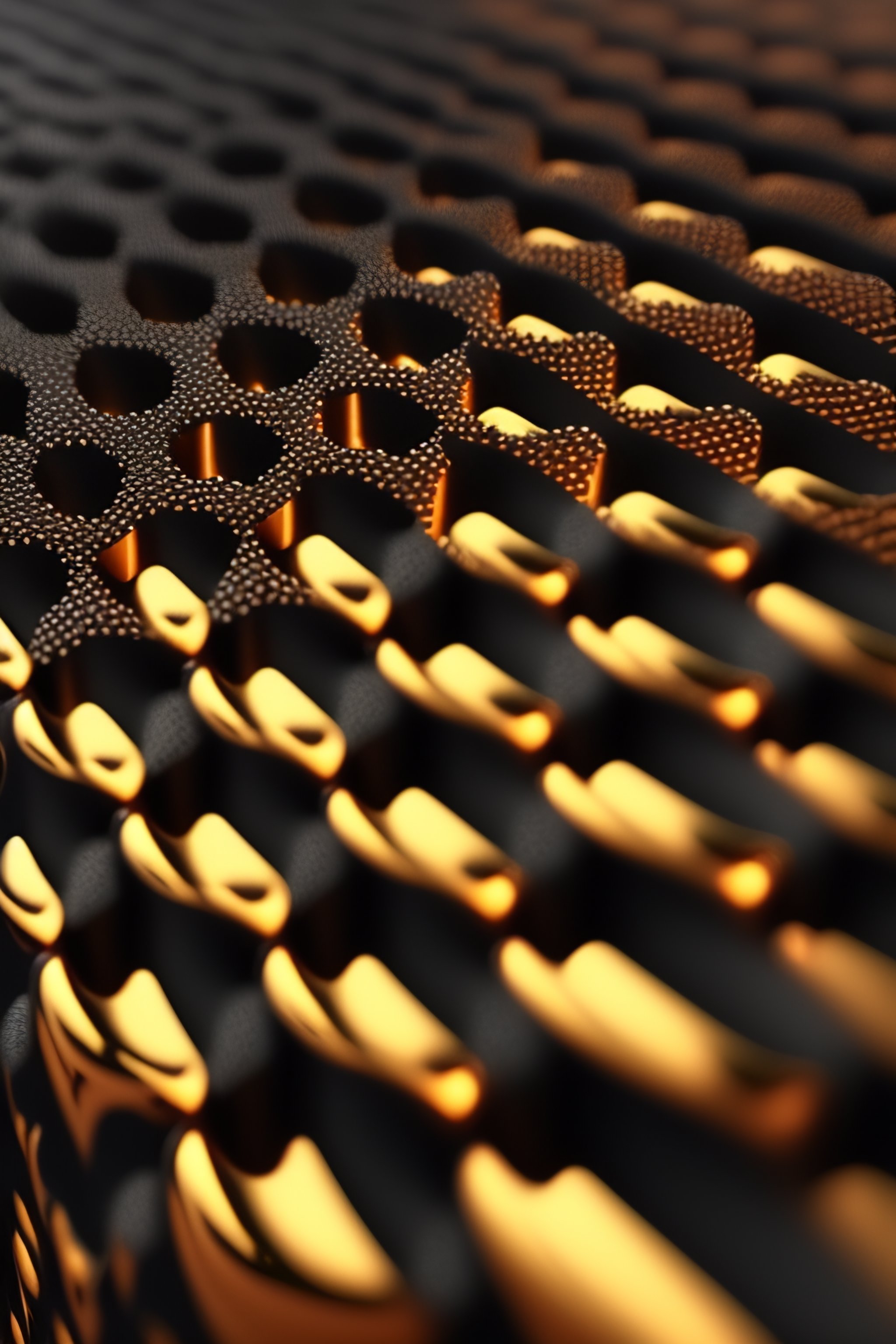
Anti-block masterbatch is a specialized additive used in the plastics industry to prevent or reduce the blocking or sticking of plastic surfaces. It is designed to create a microscopically rough surface texture on plastic films, sheets, or molded parts, preventing them from adhering to each other or to other surfaces.
| Appearance | Granule/Pellets |
|---|---|
| Color | Off white |
| Carrier Resin | PE |
| Active Ingredients | ≈10 % Silica |
| Thermal Stabilizer | Yes |
| Melf Flow Index | ≈ 0.85 gr/10min. (@ 190 °C , 2.16 kg) |
| Specific Density | ≈ 0.85 gr/cm3 |
| Appearance | Granule/Pellets |
|---|---|
| Color | Natural |
| Carrier Resin | PP |
| Active Ingredients | ≈10 % Silica |
| Thermal Stabilizer | Yes |
| Melf Flow Index | ≈ 5 gr/10min. (@ 190 °C , 2.16 kg) |
| Specific Density | ≈ 0.09 gr/cm3 |
Anti-block masterbatch typically consists of additives such as inorganic particles, such as silica or talc, dispersed in a carrier resin that is compatible with the base polymer. The carrier resin ensures uniform distribution of the anti-blocking agents throughout the plastic matrix.
The inorganic particles in the anti-block masterbatch create a microscopic roughness on the surface of the plastic material. This texture reduces the contact area between plastic surfaces, minimizing the adhesion and blocking tendencies. As a result, plastic products can be easily separated or stacked without sticking together.
Anti-block masterbatch helps to prevent the blocking or sticking of plastic films or sheets during storage, transportation, or handling. It allows for easy unwinding or separation of plastic rolls, improved stackability of plastic sheets, and smoother processing of plastic products.
Anti-block masterbatch is available in different formulations to suit various applications. For applications where optical clarity is crucial, special attention is given to the selection of anti-blocking agents that minimize the impact on the transparency of the plastic material.
The concentration of anti-block masterbatch required depends on factors such as the desired level of anti-blocking properties, the specific polymer type, and the intended application. It is important to determine the optimal concentration through testing to achieve the desired anti-blocking effect without compromising other properties of the plastic.
Anti-block masterbatch is typically added to the plastic resin during the compounding or extrusion process. The masterbatch is thoroughly mixed with the base resin to ensure even distribution of the anti-blocking agents throughout the final product.
Anti-block masterbatch is widely used in applications involving plastic films, sheets, or molded parts that may stick together or adhere to other surfaces. It finds applications in packaging, agriculture, consumer goods, and various industrial sectors where easy separation, smooth processing, and improved product performance are desired.
The information provided herein is based on our current knowledge and is intended to offer general guidance on products and their applications. It should not be construed as a guarantee of specific product properties or their suitability for a particular purpose. Due to the wide variability of conditions in product usage, which are beyond MKEY's control, users must independently assess whether MKEY products are suitable for their intended applications prior to use.
The quality of our products is warranted in accordance with our General Terms and Conditions of Sale, which are currently in effect or may be updated in the future. Technical information, test data, and advice provided by MKEY personnel are based on our best knowledge and reliable tests. However, it is assumed that recipients of such information possess the necessary expertise and technical skills to analyze test methods and conditions, as well as handle and utilize raw polymers and related compounding ingredients effectively.

